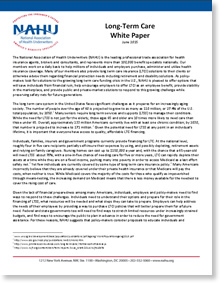 Please note: Name below has been changed – I see this person often and consider us good friends.
Please note: Name below has been changed – I see this person often and consider us good friends.
Single women have the greatest odds of needing long-term care.
You would think women would take heed. But they’re not!
Here’s the most recent, tragic story of middle class people unprepared for long-term care.
Here’s the latest excuse a friend has given to avoid thinking of, and planning for, long-term care (LTC). I’ve changed her name.
Gloria is a single retired university librarian. She has a special needs daughter who will never be independent. She’s in her 60’s. She has another daughter who’s a single professional, living in another state.
Gloria bought a second pedigreed dog. She plans on training this dog to compete in races.
I gather it is very expensive and takes the equivalent – and more – than long-term care insurance (LTCi) premium would cost to buy, maintain, and train this type of dog.
She told me the new dog will keep her active and will help her avoid needing long-term care.








 Thanks for visiting my site! I like hearing from you!
Thanks for visiting my site! I like hearing from you!